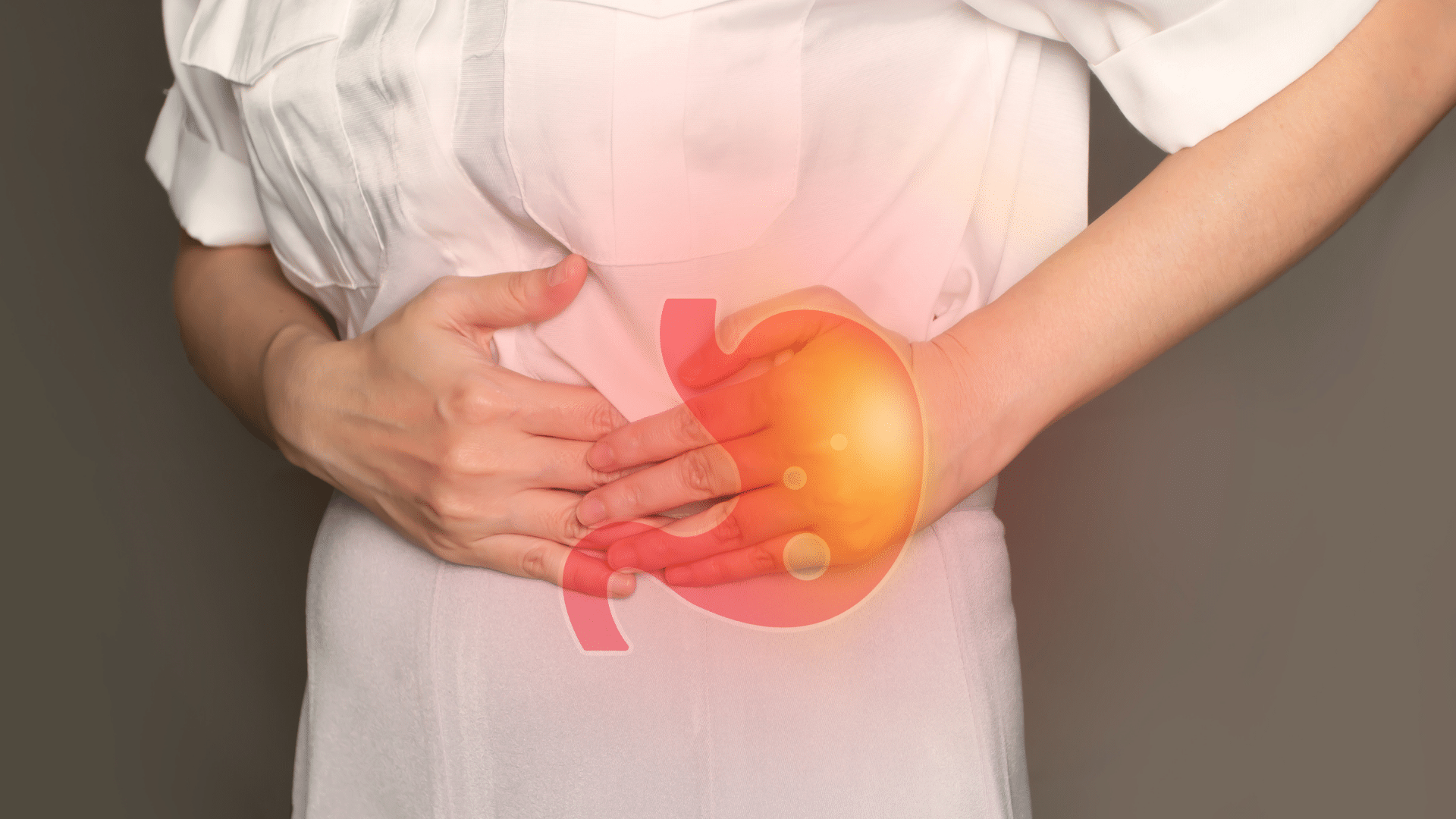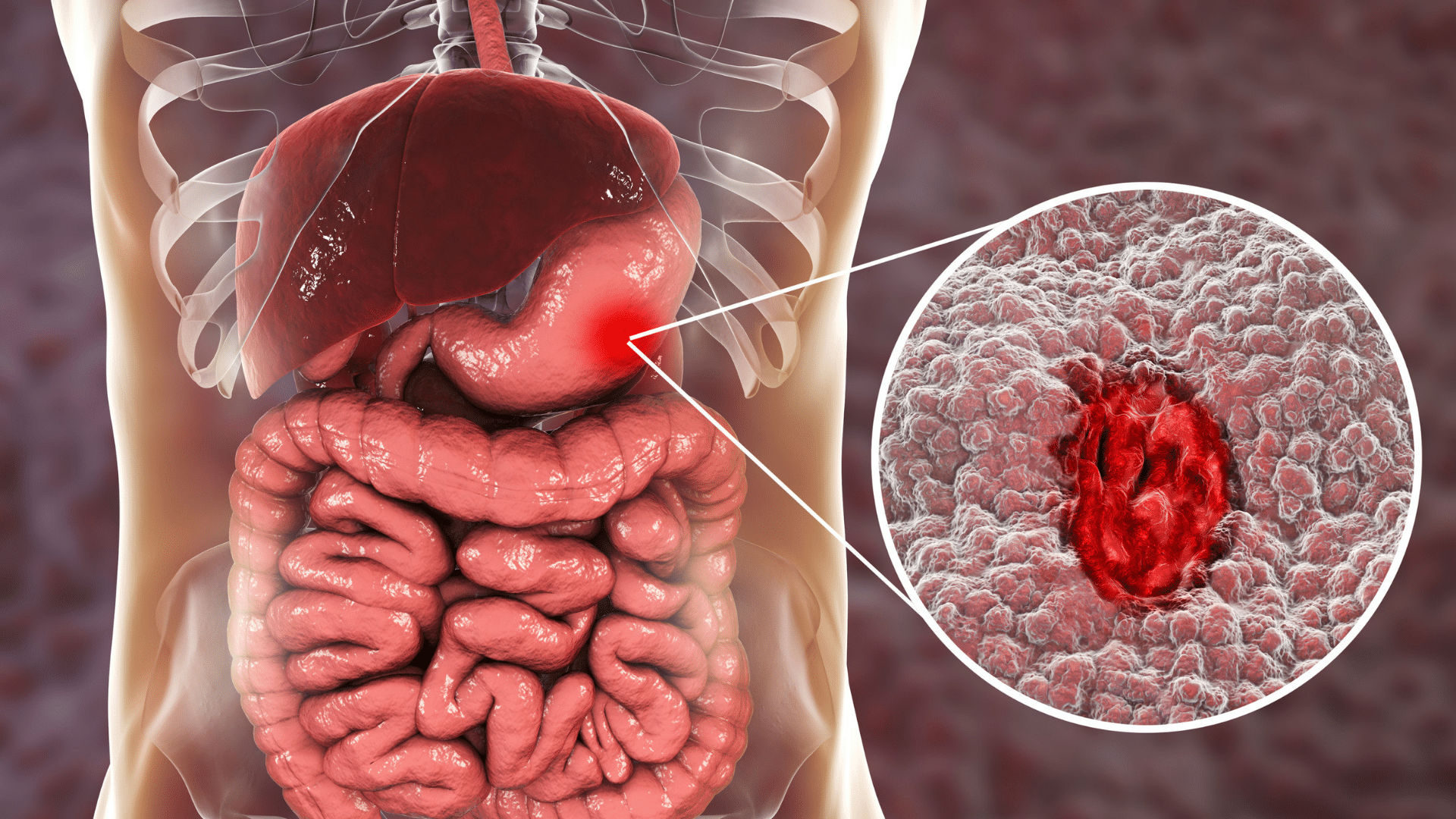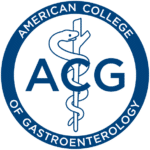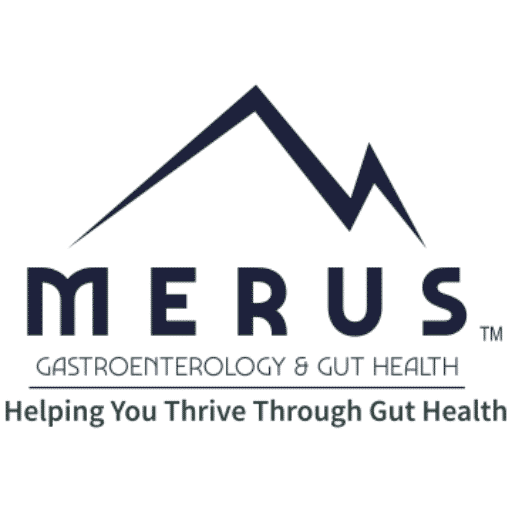Peptic Ulcer Syndrome Services
Are you experiencing symptoms of peptic ulcer syndrome in John’s Creek, GA? Peptic ulcers are painful sores that develop on the lining of the stomach, small intestine, or esophagus, often caused by factors such as infection with Helicobacter pylori bacteria, long-term use of nonsteroidal anti-inflammatory drugs (NSAIDs), excessive alcohol consumption, or smoking. At our gastroenterology clinic, we specialize in the diagnosis and treatment of peptic ulcers to help alleviate your symptoms and promote healing.


What is Peptic Ulcer Syndrome?
Peptic ulcer syndrome refers to the presence of one or more peptic ulcers in the digestive tract. These ulcers can develop when the protective lining of the stomach or small intestine is damaged, allowing stomach acid to irritate the underlying tissue. Peptic ulcers can cause a range of symptoms, including abdominal pain, bloating, nausea, vomiting, and heartburn.
Symptoms of Peptic Ulcer Syndrome
- Gnawing or burning abdominal pain, often occurring between meals or during the night
- Bloating and feeling of fullness
- Nausea and vomiting
- Indigestion or heartburn
- Loss of appetite and unintentional weight loss
- Dark, tarry stools or blood in the vomit (a sign of a bleeding ulcer)
How is Peptic Ulcer Syndrome Diagnosed?
Diagnosing peptic ulcer syndrome typically involves a combination of medical history review, physical examination, and diagnostic tests. These may include upper gastrointestinal endoscopy (EGD) to visualize the ulcers directly, tests for Helicobacter pylori infection, such as breath tests or stool tests, and imaging tests such as X-rays or CT scans.
Treatment for Peptic Ulcer Syndrome
Treatment for peptic ulcer syndrome aims to relieve symptoms, promote ulcer healing, and prevent complications. This may involve a combination of medications to reduce stomach acid production, antibiotics to eradicate H. pylori infection if present, medications to protect the lining of the stomach and small intestine, lifestyle modifications such as avoiding NSAIDs, alcohol, and smoking, and in severe cases, endoscopic therapy or surgery.

Schedule an Appointment
If you’re experiencing symptoms of peptic ulcer syndrome or have concerns about your digestive health, don’t hesitate to contact our gastroenterology clinic. Our team of experienced gastroenterologists is here to provide comprehensive evaluation, personalized treatment, and ongoing support to help you manage peptic ulcers and achieve optimal digestive wellness. Schedule an appointment today to take the first step towards relief and healing.






